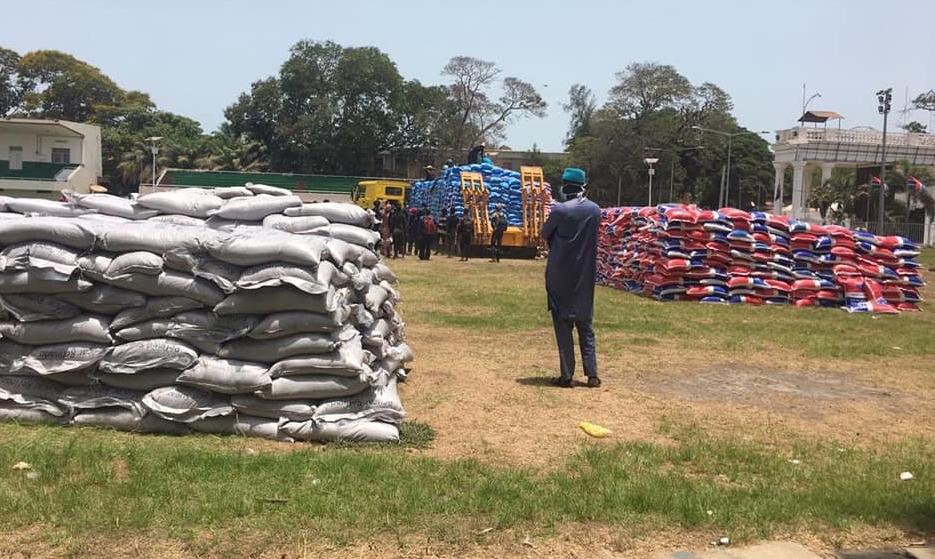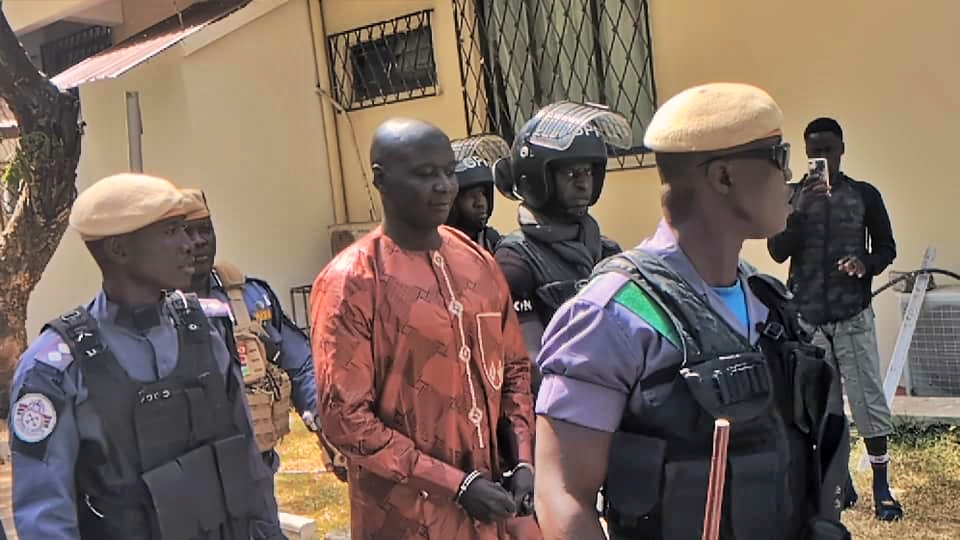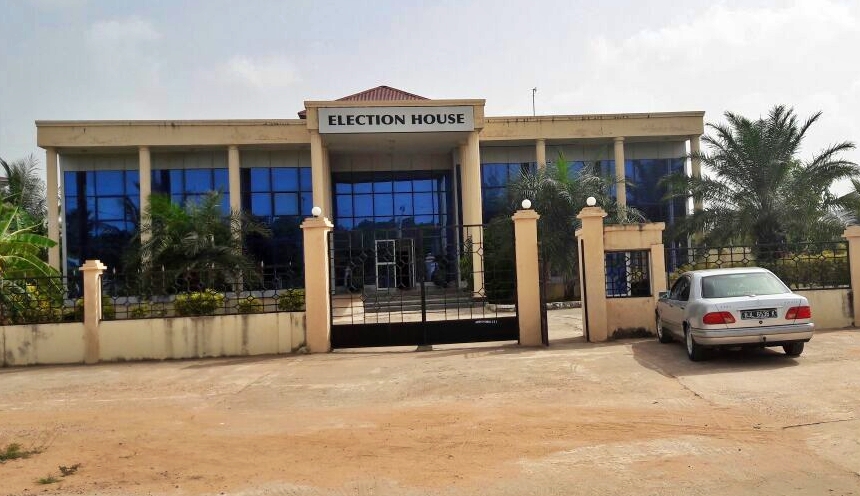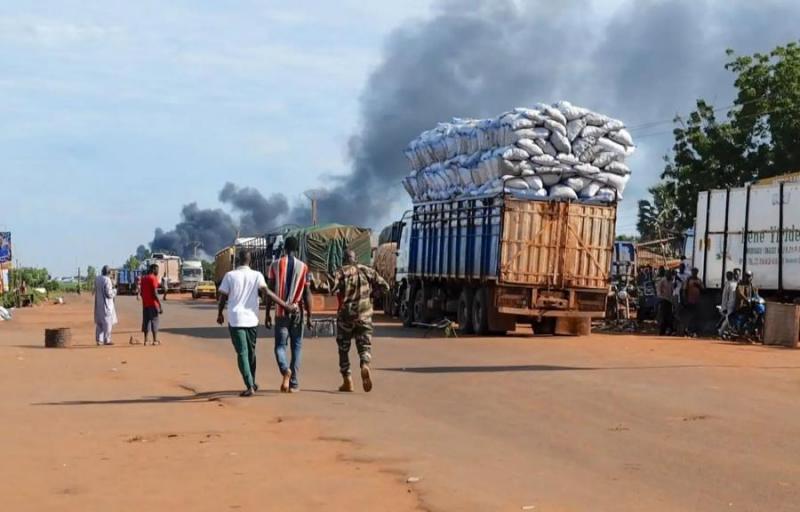Gambiaj.com – (BAMAKO, Mali) – In a shocking turn of events, Mali’s capital, Bamako, witnessed an unprecedented attack on Tuesday morning, signaling a severe escalation in the country’s ongoing security crisis. The jihadist group, Support Group for Islam and Muslims (GSIM), which is affiliated with Al-Qaeda, claimed responsibility for the coordinated operation targeting the Bamako military airport and a nearby military camp.
The assault, which took place at dawn, focused on vital military installations within the heart of the city. The GSIM, also known by its Arabic acronym JNIM, declared that its “special operation” had caused significant human and material losses, including the destruction of military aircraft. “A special operation (targeted) the military airport and the training center of the Malian gendarmes in the center of the Malian capital (Bamako), causing enormous human and material losses,” read a statement issued by the jihadist group through its communication channels.
The GSIM’s targeting of the military airport and a nearby military camp marks a significant escalation of violence in the Malian capital. This unprecedented attack in recent years raises serious concerns about the current state of security in Mali.
However, the Malian military swiftly issued a counter-narrative. In a statement shared via social media, the army downplayed the event, stating, “Early this morning, a group of terrorists attempted to infiltrate the Faladié gendarmerie school. The situation is under control.” The Ministry of Security similarly reported “terrorist attacks” on key infrastructure but did not confirm the extent of the damage or casualties.
Access to Bamako’s international airport, located near the attack site, was restricted following the assault. An airport official, speaking anonymously to AFP, confirmed that Bamako airport had been temporarily closed in response to the unfolding crisis, a move later corroborated by on-site witnesses.
The true extent of the casualties remains unknown, though unverified videos circulating on social media reportedly show bodies, raising concerns of fatalities. Official casualty reports are yet to be released. Eyewitnesses described hearing gunfire and explosions in the early hours of the morning, with black smoke billowing over the airport area. Civilians have been urged to remain calm and avoid the affected areas as security forces conduct ongoing search operations.
This attack is one of the most significant to strike Bamako since the March 2016 assault on a hotel used by the European Union training mission. It underscores the fragile state of Mali’s security, particularly in the capital, which has largely been spared from the violence ravaging other parts of the country. The current military junta, in power since 2020 following two coups d’état, has faced growing challenges in stabilizing the nation despite claims of progress in fighting jihadist groups.
In recent years, Mali has realigned its geopolitical stance, severing ties with its traditional French and European allies and forging a partnership with Russia. This shift has included controversial decisions such as the expulsion of the UN peacekeeping mission (MINUSMA) and the nullification of a 2015 peace accord with northern independence movements. Additionally, Mali has joined forces with Burkina Faso and Niger to create the Alliance of Sahel States, distancing itself further from the Economic Community of West African States (ECOWAS).
Tuesday’s attack highlights the continued threat posed by jihadist groups in Mali and the broader Sahel region, despite ongoing military operations and shifting alliances. The situation remains tense, with Bamako’s citizens and the international community anxiously awaiting further developments.










